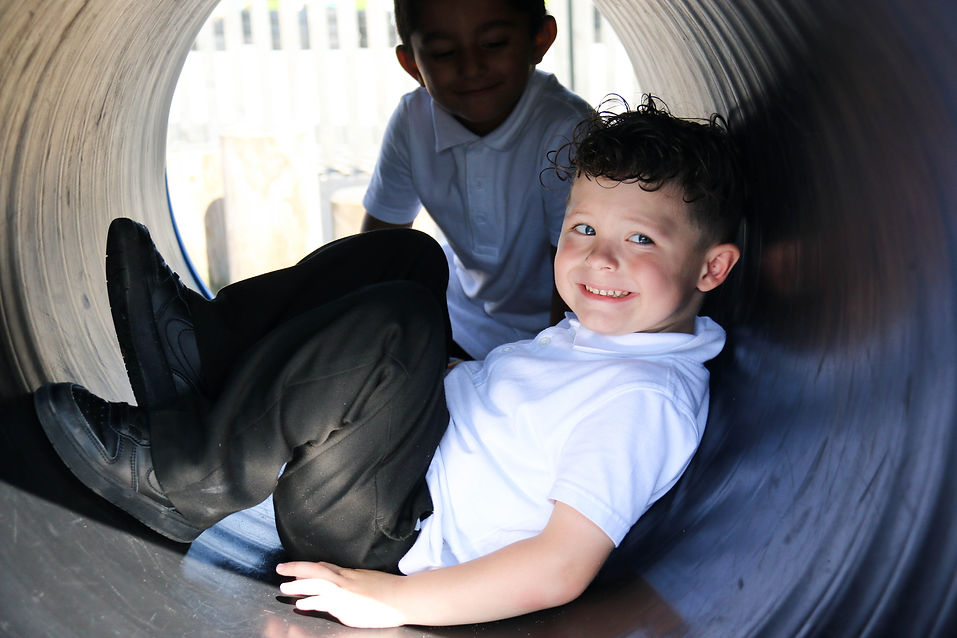
behaviour and attitudes
ethos and approach
Manchester Communication Primary Academy (MCPA) is dedicated to ensuring that our school environment supports learning and the well-being of children and staff through a strong sense of community cohesion. Co-operation, mutual support, and respect are the foundations of our community and we work hard to provide a safe, calm and supportive school where all children feel included and valued in every aspect of school life.
MCPA is a community that nurtures and supports every child; that values everyone’s unique worth and contribution; that empowers every member to achieve their fullest potential and that opens a world of opportunities. It is a place of safety where firm boundaries guide and support; where high expectations lead to lifelong learning, where a strong sense of community builds self-esteem and self-belief.

OUR VALUES
We expect that all children will achieve their potential and enjoy their learning, whilst demonstrating the Greater Manchester Academies Trust’s core values of:

TRUSTWORTHY
always do their best, be truthful and look after the learning environment and their resources.

HELPFUL
think of others and learn together.

iNSPIRING
can create, question, solve and communicate effectively and become role models


STRAIGHTFORWARD
HEART
follow clear routines that help us learn and have simple, effective procedures that are consistently applied.
caring for themselves, their learning and their development and others.
rules and expectations
The school has in place three clear rules that underpin our community qualities and wider values.
Our three school rules are clear & simple, fundamentally based on ‘Ready, Safe & Respectful’. It is expected that staff and children know these rules and refer to them when discussing both positive and negative behaviour.
Rules echo those in place at Manchester Communication Academy, our Trust secondary school, this supports smooth transition and encourages clarity of expectations across the trust. Rules are displayed in all classrooms in partnership with our agreed community qualities.
MCPA School Rules:
Ready; to focus on learning!
Safe; looking after our school and everyone in it.
Respectful; of everyone!
creating and maintaining high standards of behaviour
Underpinning MCPA’s approach to behaviour is a nurturing culture and clear vision that ‘behaviour is communication’; even if challenging.
Our concise, coherent school rules and community qualities drive behavioural and social expectations and support staff in modelling consistent, shared routines and social norms.
We utilise school wide systems such as 6 ‘S’ lines, ‘FREEZE’, Emotional check-ins amongst others to drive a coherent and consistent message that we care about our pupils enough to ensure boundaries are implemented and followed.
Incidents of bullying, discrimination, aggression, derogatory language are dealt with quickly and effectively.
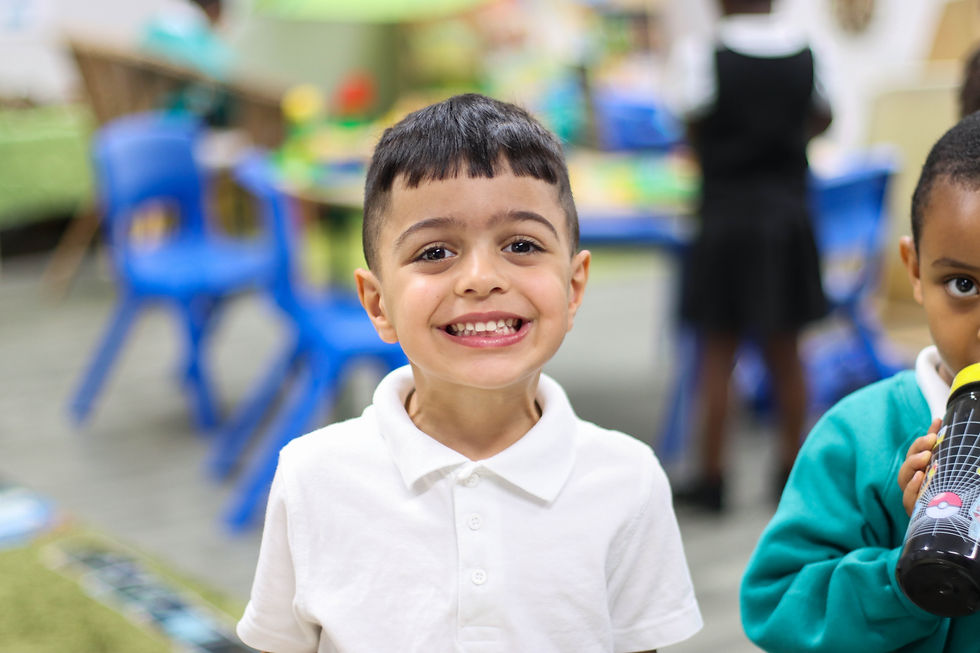
good to be green
‘Good to be Green’ provides a child friendly, visual system, that supports children in understanding their behaviours for learning and to visually track their progress. It prompts responsive, effective, and non-confrontational dialogue with children and supports consistency of expectation and behavioural management across the school.
We believe that it’s important to promote a positive message regarding behaviour management; ‘Good to be Green’ is a means of promoting our high expectations of positive behaviour and reinforces the message that every day is a new day; we make mistakes, learn from them and move on.
Class dojo
The academy ensures that all members of staff motivate learners and promote the highest standards of behaviour, within the context of learning, by using a variety of rewards to recognise positive behaviour.
ClassDojo enables staff to;
-
Award feedback points for specific ‘community qualities’ and class specific accomplishments
-
Let pupils reflect on their in-class performance with their pupil accounts
-
Support children in building positive learning habits
-
Break down potential barriers between the classroom and home
-
Keep parents informed about child’s progress
At MCPA we use ‘Class Dojo’ to record and track Dojos/house points that have been awarded. Pupils are awarded Dojos/house points in celebration of them demonstrating one of our ‘Community Qualities’ or for showing they have consistently met the class target for that week.
Dojo points are calculated each week and ‘Dojo Champions’ from each class are recognised & celebrated in our weekly celebration assembly.
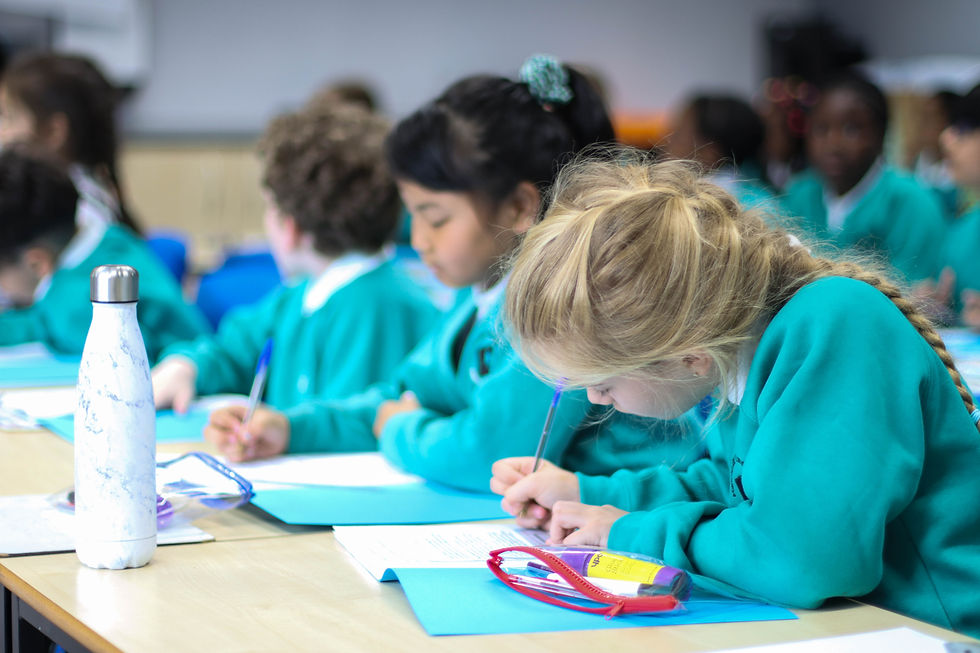
reward and consequence
Here at MCPA we aim to create a healthy balance between reward and consequence with both being clearly explained and consistently administered.
Both the ‘ClassDojo’ and ‘Good to be Green’ initiatives provide a framework through which individuals and whole classes can be rewarded for behaviour that meets/exceeds the Academy’s expectations. The use of regular praise of positive behaviour reinforces expectations, raises self-esteem and highlights a good example.
A wide variety of other reward & celebratory systems can be used to motivate children but essentially gaining the teacher’s recognition and approval through genuine verbal/non-verbal praise should motivate children. Trusting children with genuine responsibilities can build self-esteem and can act as a positive encouragement e.g. Community Champions, School Council members, Always club members & Urban Crew to mention a few.
We acknowledge that our children respond differently to different rewards systems, so staff will use a range of strategies that support/motivate individual children. Children are rewarded for their positive behaviour in a number of ways, including:
-
Verbal, specific praise
-
Certificates
-
Forrest School sessions
-
Reward charts
-
Positive Phone calls home
-
Dojo shout-outs
The academy ensures that all members of staff motivate learners and promote the highest standards of behaviour by using a variety of ‘intrinsic motivation’ approaches to recognise and encourage positive behaviours for learning including:
-
Meaningful, explicit praise
-
High-fives, thumbs up, round of applause
-
Verbal congratulation of pupils
-
Sharing success with partner classes
-
Class Dojo points
-
Good to be Green Cards
-
Positive phone calls home
-
Sharing excellent work via assembly/website
-
Sharing and celebration with members of the Senior Leadership Team
-
Invitation to join the Headteacher’s ‘Always’ club
-
Hot Chocolate with the Head!
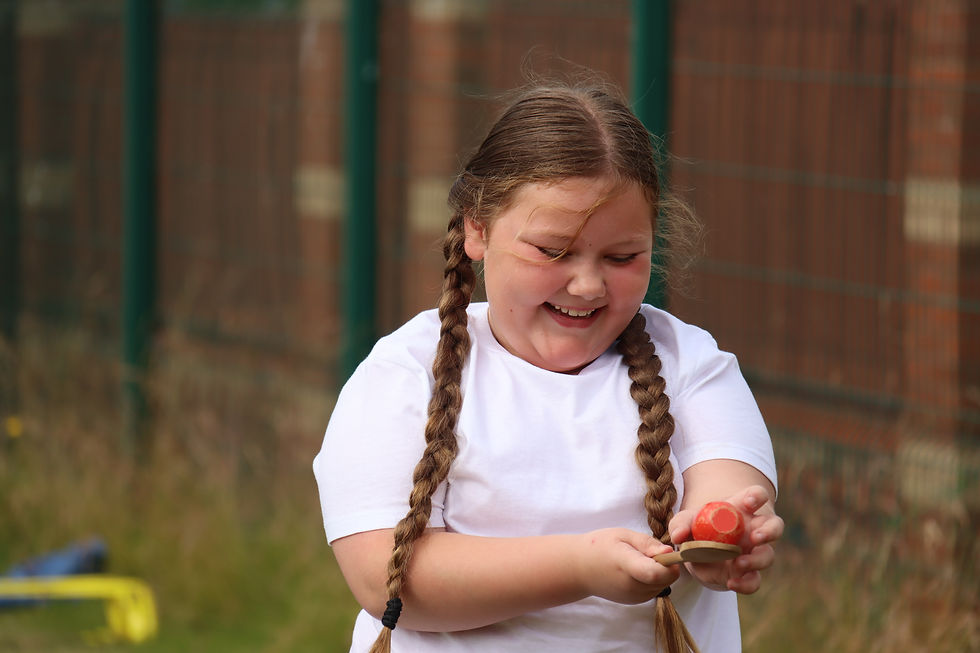
positive reinforcement
Experience has taught us that children respond far better to praise than they do negativity. At MCPA we consistently use positive praise to encourage children; providing pupils with guidance & support to make choices that are appropriate & positive. Pupils exhibiting challenge or difficulty in self/co-regulation will be supported in identifying possible triggers, what the behaviour looks like and to reflect and formulate positive next steps. Children are praised for engaging in the reflection process & celebrated when making positive behavioural changes.
We endeavour to disassociate the children from their challenging behaviour; the behaviour is not the child, it’s a way of communicating needs.
restore and reflect
Manchester Communication Primary Academy believes that all children should be aware of the standards of behaviour that are expected of them and takes responsibility for promoting these standards. We hope that by nurturing personal development, supporting pupil well-being, and encouraging positive behaviour patterns we can promote good relationships throughout the school built on trust and understanding.
We believe that children feel more secure if they know where the boundaries of acceptable behaviour lie and are supported if their behaviours negatively impact on themselves & others. We believe that appropriate sanctions should be applied fairly and calmly; the smallest possible sanction that is effective should always be used. Children need to understand the impact of their behaviour and are entitled to support and guidance in identifying & unpicking their motivators/triggers. We also invest in the ideology that each day is a new day and that pupils should always be given the opportunity to make amends.
There are of course consequences for pupil’s inappropriate behaviour; we refer to the majority of our ‘sanction/consequential’ systems as ‘Restore’ and/or ‘Reflection’ as this terminology more accurately reflects the aim of our practices and aligns more closely with restorative approaches.
‘Restore’ sanctions are intended to support pupil to pupil, or pupil to staff relationships repair through shared dialogue and partnership working.
‘Reflection’ is again restorative in nature but is held after school on a Friday and is reserved for pupils in year 4, 5 & 6 as there is greater expectation for pupil’s here to drive the reflection and self-assess behaviours/choices that resulted in ‘Reflection’ being required.
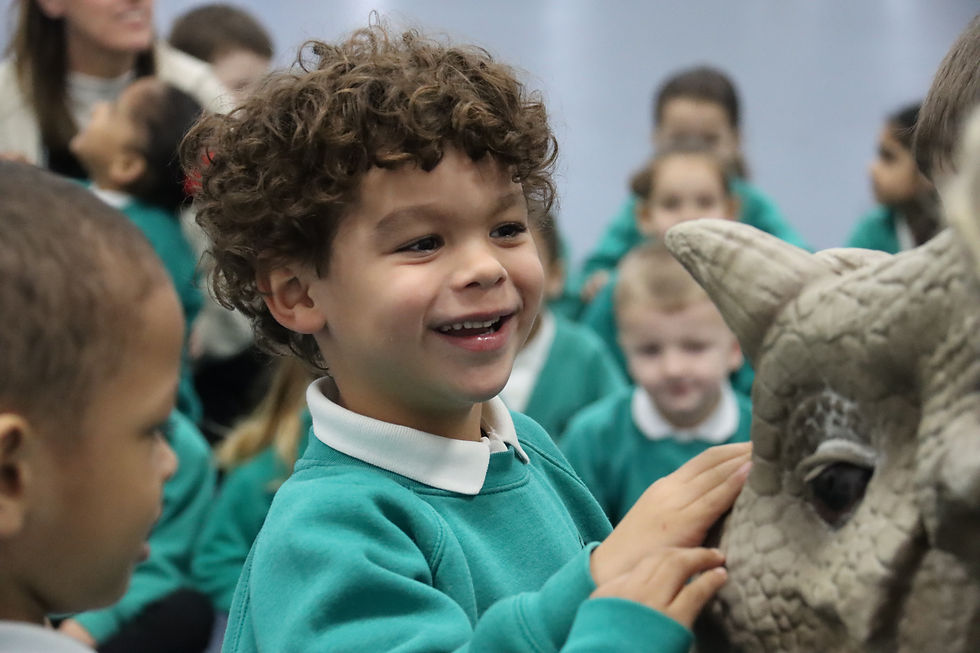
Anti-bullying
MCPA is a learning family where everyone is welcomed, valued and respected. There is an enthusiasm for learning, providing a safe, creative and inclusive learning environment where the children are at the heart of everything. We embrace the diverse needs of all our children by building relationships with them and the wider community based on empathy, communication, understanding and respect. Our academy values help to shape the children in becoming a positive influence on society.
We work hard as a school to minimise incidents of bullying and to equip children with the knowledge, confidence and skills to report and share concerns around bullying should they arise.
MCPA holds an ‘Anti-bullying Alliance’ Bronze award and continue to ensure we are doing the very best job we can to make our school as welcoming, accepting, safe and as happy as possible.
behaviour support
(Parent Breakfast)
The Inclusion Team here at MCPA offers support and guidance on behaviour that challenges (whether in, or out of school). Our team of experienced staff provide a holistic approach to responding to challenging behaviour aiming to help and support parents/carers who may be struggling to understand the presenting difficulties by planning and responding appropriately.
By providing early and targeted support through a child-centred approach, the Inclusion Team aims to: remove barriers to learning; help children achieve the most from their education & support inclusion.
The Inclusion Team offers: experienced staff who have worked in a range of settings; a range of intervention programmes to support pupils; bespoke training/support for staff & parents.
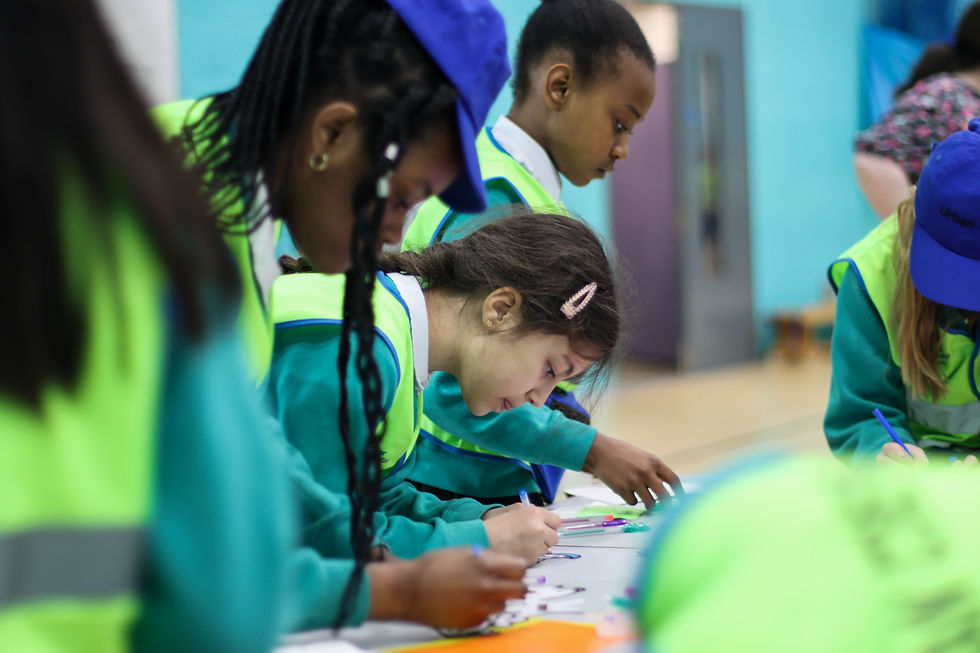
Pupil sense of self and wellbeing
Here at MCPA we are continually driving our practices and systems to best identify and support the diverse range of pupil needs. We monitor pupil wellbeing by completing a weekly ‘wellbeing screen’ every Monday morning; we also have a range of systems we utilise to support us in understanding why some pupils may be reluctant, disengaged or even disruptive learners by sensitively exploring social and emotional wellbeing.
boxall profile
This unique online tool assesses the social, emotional and mental development of pupils aged 4-18. It provides us with a precise picture of a pupil’s strengths, as well as any challenges which could affect their learning.
The Boxall Profile enables us, as staff, to identify what type of support each pupil needs, providing us with practical strategies and techniques for the classroom or intervention group to help them achieve their full potential.
Here at MCPA Boxall Profiles are completed twice a year by teaching teams (they are the staff that know the child best…within school); it consists of two sections; the Developmental Strands, and the Diagnostic Profile.
The Boxall Profile allows the teacher/ school staff to view the child through a different lens. It takes the focus off where the child should be according to chronological age and turns it to where the child actually is, socially and emotionally.
